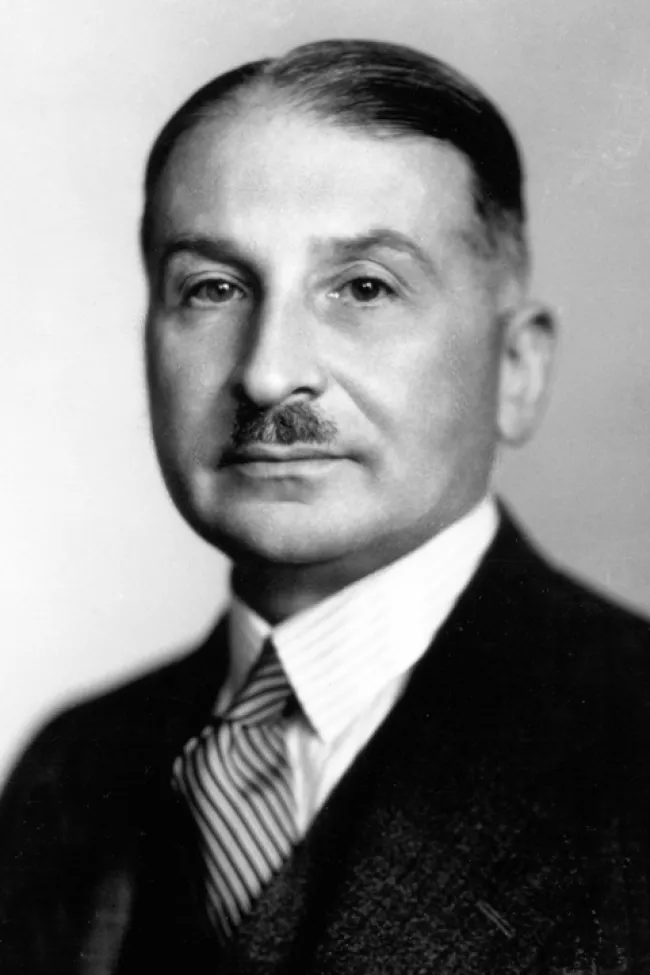This was Mises’s second book. It was written following his military service in World War I. It is also his first book that dealt with political themes—and began Mises’s full-scale launch into the fight against collectivism that would be a theme of his later writings. Its original title was Imperialism and one can only regret that the publisher didn’t keep it, for that is its theme.
In Nation, State, and Economy, Mises takes up the question of the proper political order to sustain the peace in the age of democracy. It was published less than a year after Austria’s defeat in World War I, and examines and compares prewar and postwar political and economic conditions. He argues that each country’s prosperity supports rather than undercuts the prosperity of other countries.
Specifically, Mises warns of the consequences of the punitive terms of the Treaty of Versailles by victors more interested in punishing their defeated enemies than in building a Europe that would be able to meet the challenges of the future. With the benefit of hindsight we see how different European and world history might have been.
Mises recommends a radical vision of laissez-faire combined with a commitment to self-determination that would lead to a break up of the old imperial structures. It is in this book that Mises first advances his idea of secessionism. Every people group ought to be permitted to choose their own political arrangements, even if they end up in tiny geographical units. With free trade, smaller units of government become completely viable.
This is also Mises’s first attack on socialism, specifically war socialism. He shows that it will destroy a country and lead to complete chaos in economic organization. He provides the definitive case that war socialism is real socialism, and not qualitatively different from other forms of socialism. He further shows the relationship between socialism and the total state.
Also notable is Mises’s pioneering theory of the relationship between language and nation. No matter what the state may attempt, our national identities preexist the political order. In this book, Mises makes a case for a form of “nationalism” that will lead to ever smaller units of government.
The reader can’t but be impressed by the erudition on display here. The historical scholarship is masterful. The economic theory underlying the argument is robust. The prose is white hot. Here is a thinker who would be a fighter for liberty his entire life.
When the historian Robert Higgs first encountered this work, he was so impressed that he said he could have saved himself 20 years of research had he had access to it in graduate school.
The introduction of this masterpiece is by Leland Yeager. He compares Mises’s book to Keynes’s own book on postwar economic reform, and shows how Mises’s views were far more sophisticated.
Of course, Mises’s advice was rejected, but only at a terrible cost. World War II might otherwise have been avoided. Nearly a century after it was first published, we live in another age of empire, and Mises’s voice needs to be heard more than ever.

No content found

루드비히 폰 미제스는 20세기 가장 저명한 경제학자이자 사회 철학자들 중의 한 분이다. 그의 긴 그리고 생산성 높은 삶 속에서 그는 개별 인간은 자신이 원하는 목표를 달성하기 위하여 목적 지향적으로 행동한다는 공리(公理)를 바탕으로 해서 경제학을 융합적이고 연역적인 과학으로 발전시켰다. 그의 경제분석 자체는 (경제학자들이 갖고 있는 가치와는 상관 없다는 의미에서) ‘가치 중립적’이였을 지라도, 미제스는 인류를 위해 실용적인 유일한 경제정책은 어떤 제한도 없는 자유방임, 자유시장, 그리고 어떤 방해도 받지 않는 사유재산권 행사의 정책이라고 결론 내렸다. 정부의 역할은 그 나라의 영토 안에 있는 사람과 재산을 보호하는 데에만 엄격하게 제한되어야 한다고 했다.
Originally published in German, 1919; English edition, New York University Press, 1983; online edition, Mises Institute, 2000.
Originally published in German, 1919; English edition, New York University Press, 1983; on-line edition, Mises Institute, 2000.

